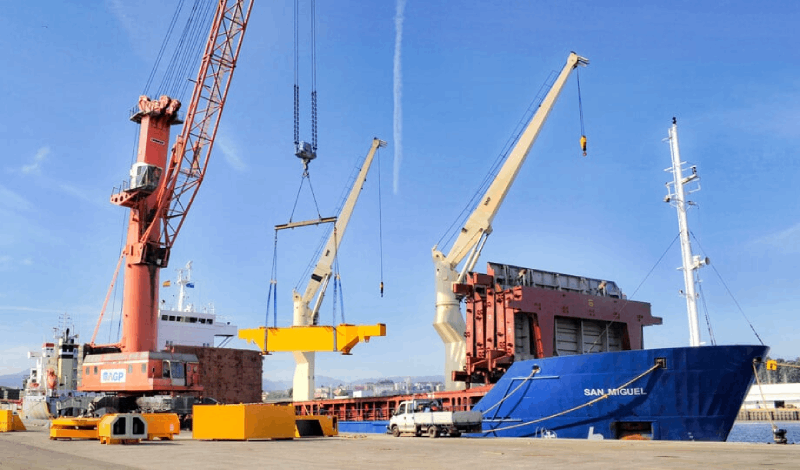Time:2022-10-20 Publisher:Kevin Num:6801

At present, it can be seen from the data of the major index platforms that the container shipping market is going through a long downturn in the second half of the year. As another means of shipping, what about the dry bulk market?
At present, a large amount of new capacity has been delivered, but the market demand is decreasing and the freight rate continues to fall. Shanghai Export Container Freight Index (SCFI) has fallen for 17 weeks, and shipping companies have turned their attention to the dry bulk shipping market.
According to the past market rules, the price of dry bulk shipping should be sung all the way in the third quarter. However, after a brief rebound in the third quarter of this year, its price continued to fall for three months.
However, the IHS Markit analysis pointed out that the downside risks in the third quarter of this year may include the following three points: the weakness of the centralized transport market, the decline in transport efficiency and the restrictions on coal and grain exports.
In the past three months, container freight rates have dropped significantly, and it is expected that some small bulk carriers will return to the centralized transport market.
From the end of 2022, it is expected that port congestion will be further eased, which will put pressure on the price of consolidation and dry bulk freight.

On the other hand, IHS Markit believes that the reduction of the congestion of Panamax and Cape of Good Hope bulk carriers in Chinese ports is the main reason for the decline in freight rates.
Because of this, the sailing speed will not increase in the short term, and will be affected by EEXI (existing ship energy efficiency index).
Finally, due to the uncertainty of natural gas supply, coal and grain shipments at Russian ports will be restricted in the coming months.
In addition, the number of empty ships bound for Russian ports is not large, which will further restrict the demand for freight in Russia.
In general, although there will be some seasonal improvement in the dry bulk shipping market in the next few months, IHS Markit expects that the freight rate will decline in volatility due to the easing of congestion, slower than expected economic growth and other factors.



